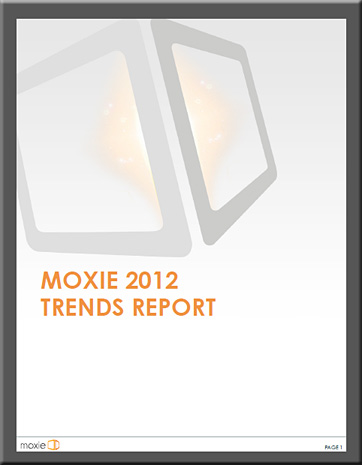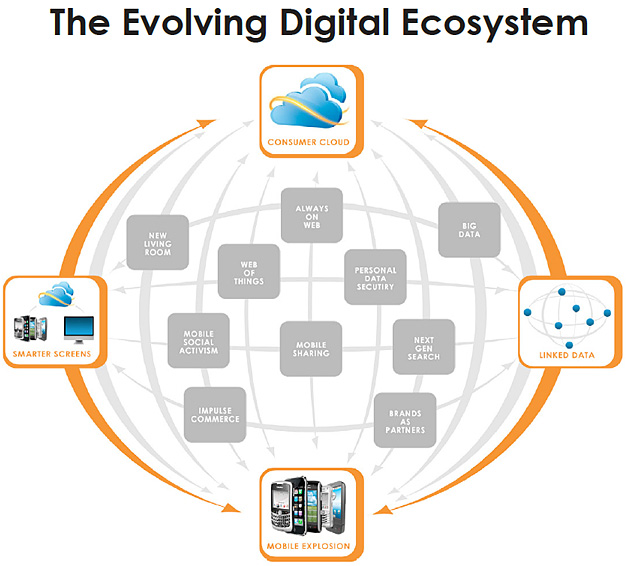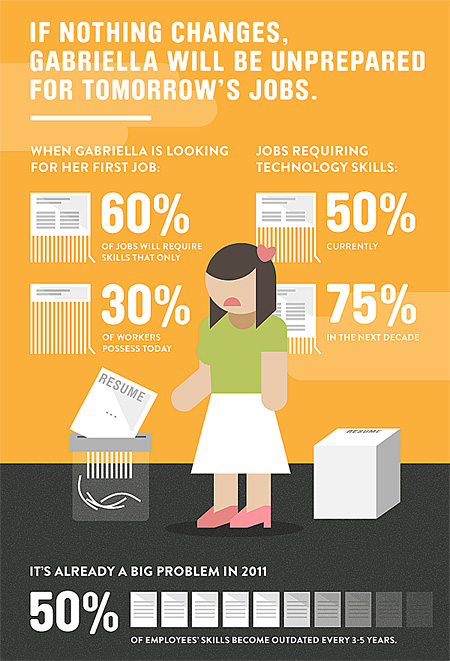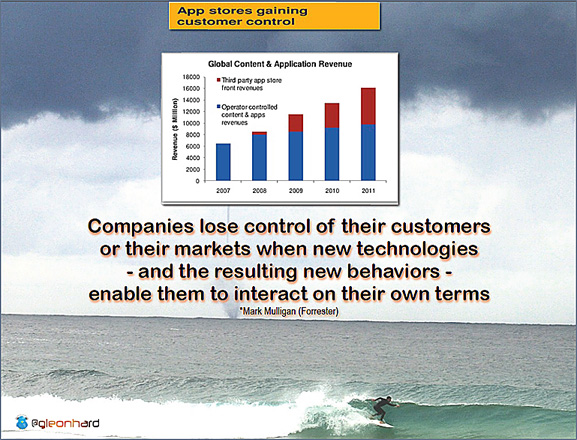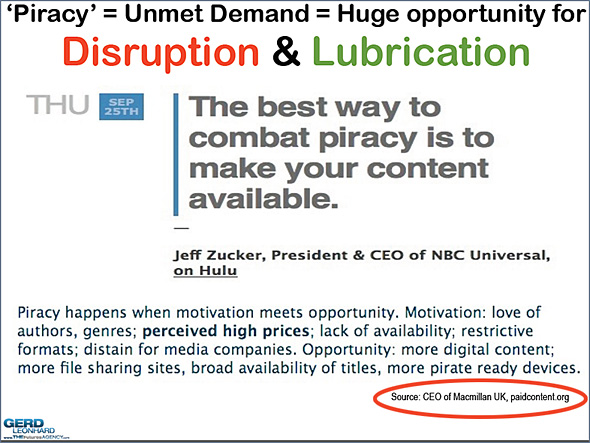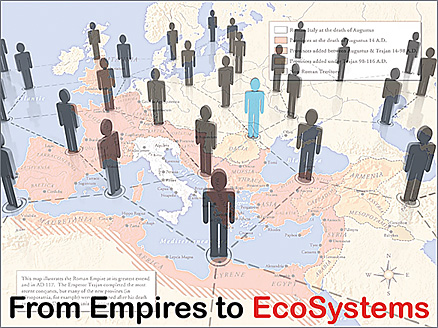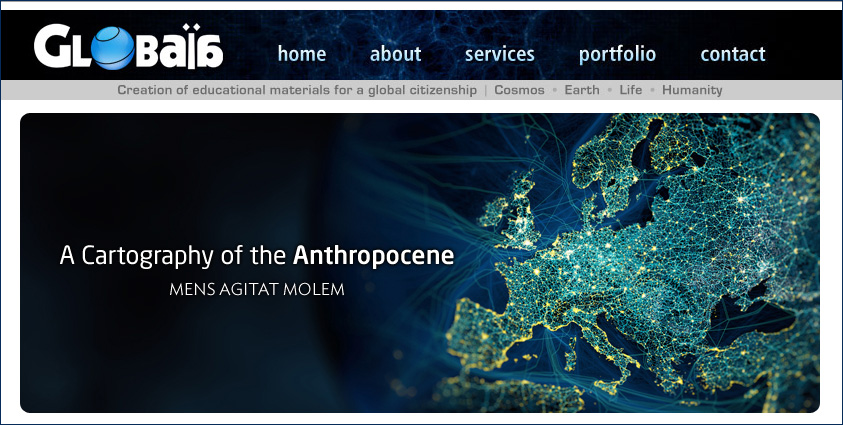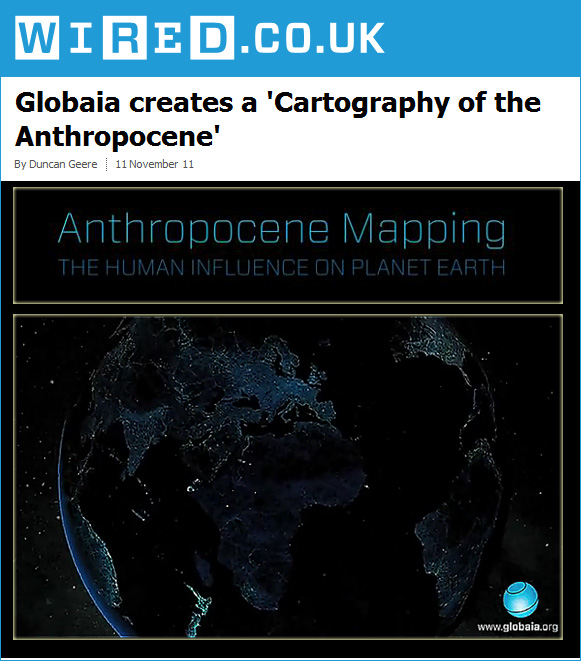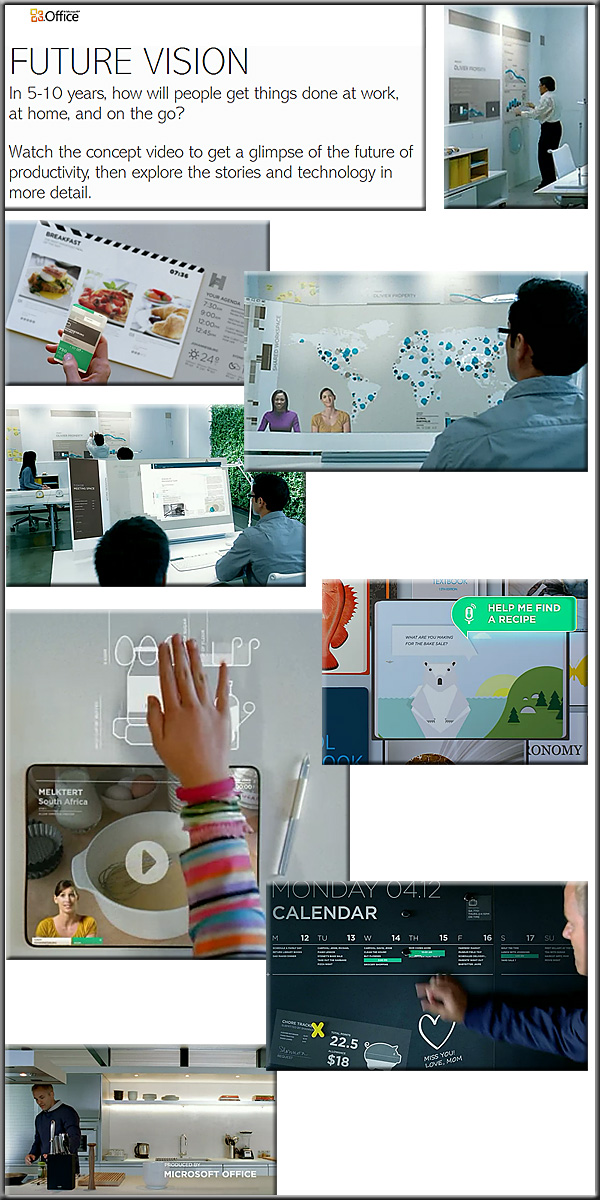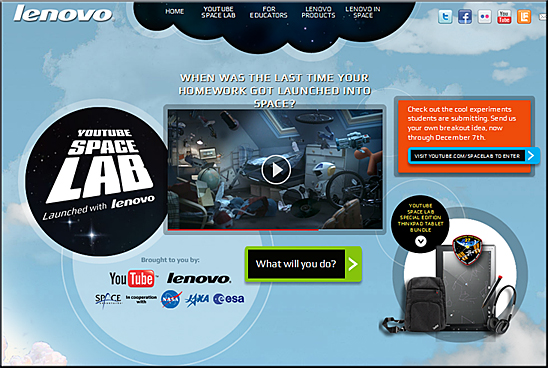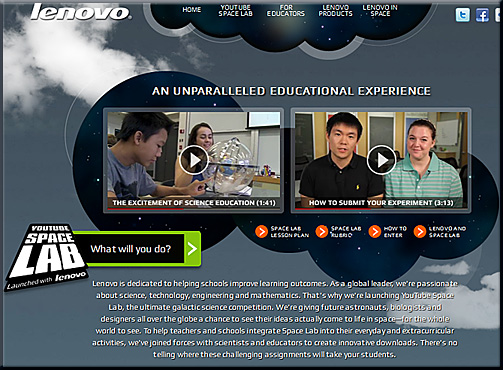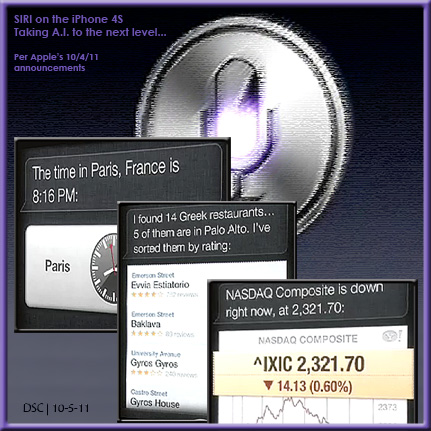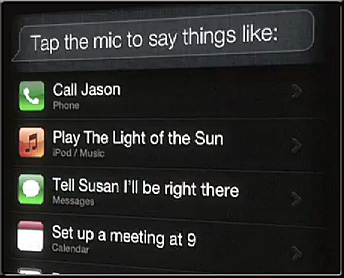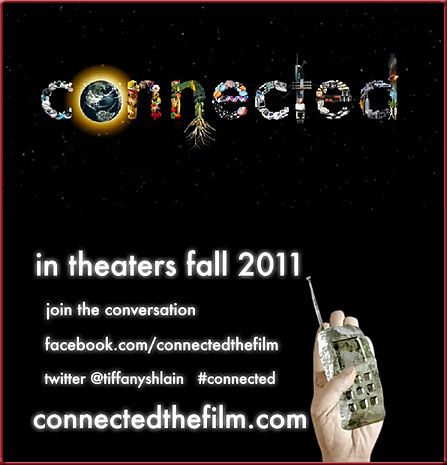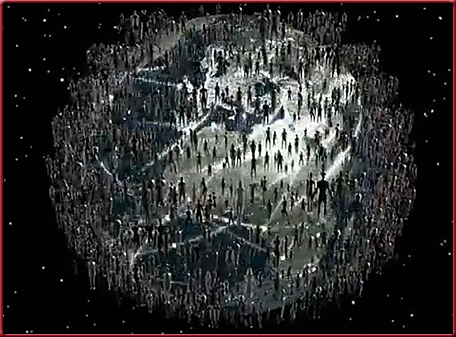A reflection on “Making Holes in Our Heart” from The Technium:
Excerpt — that is also quoted in that piece:
There is a hole in my heart dug deep by advertising and envy and a desire to see a thing that is new and different and beautiful. A place within me that is empty, and that I want to fill it up. The hole makes me think electronics can help. And of course, they can.
They make the world easier and more enjoyable. They boost productivity and provide entertainment and information and sometimes even status. At least for a while. At least until they are obsolete. At least until they are garbage.
Electronics are our talismans that ward off the spiritual vacuum of modernity; gilt in Gorilla Glass and cadmium. And in them we find entertainment in lieu of happiness, and exchanges in lieu of actual connections.
From DSC:
Readers of this blog know that I lean towards a pro-technology stance! 🙂 However, I also realize there are limits to what technology brings to the table. Though the author goes onto comment about his being ok w/ holes in our heart, I think he misses the greatest void in the human heart that only the LORD can fill — not technology and/or other things that humankind may create. I’m not saying that I’ve always known what that feels like to have the LORD fill that hole in my heart, but I continue my journey in my relationship with Him, pressing on…sometimes feeling His presence…hearing Him speak to me at different times and in different ways…all the while hoping that I will know that feeling intimately and consistently. But ultimately, all of this technology — when compared to knowing Christ – IS garbage.
The Apostle Paul puts it this way in Philippians 3:8 (NIV):
8 What is more, I consider everything a loss because of the surpassing worth of knowing Christ Jesus my Lord, for whose sake I have lost all things. I consider them garbage, that I may gain Christ









